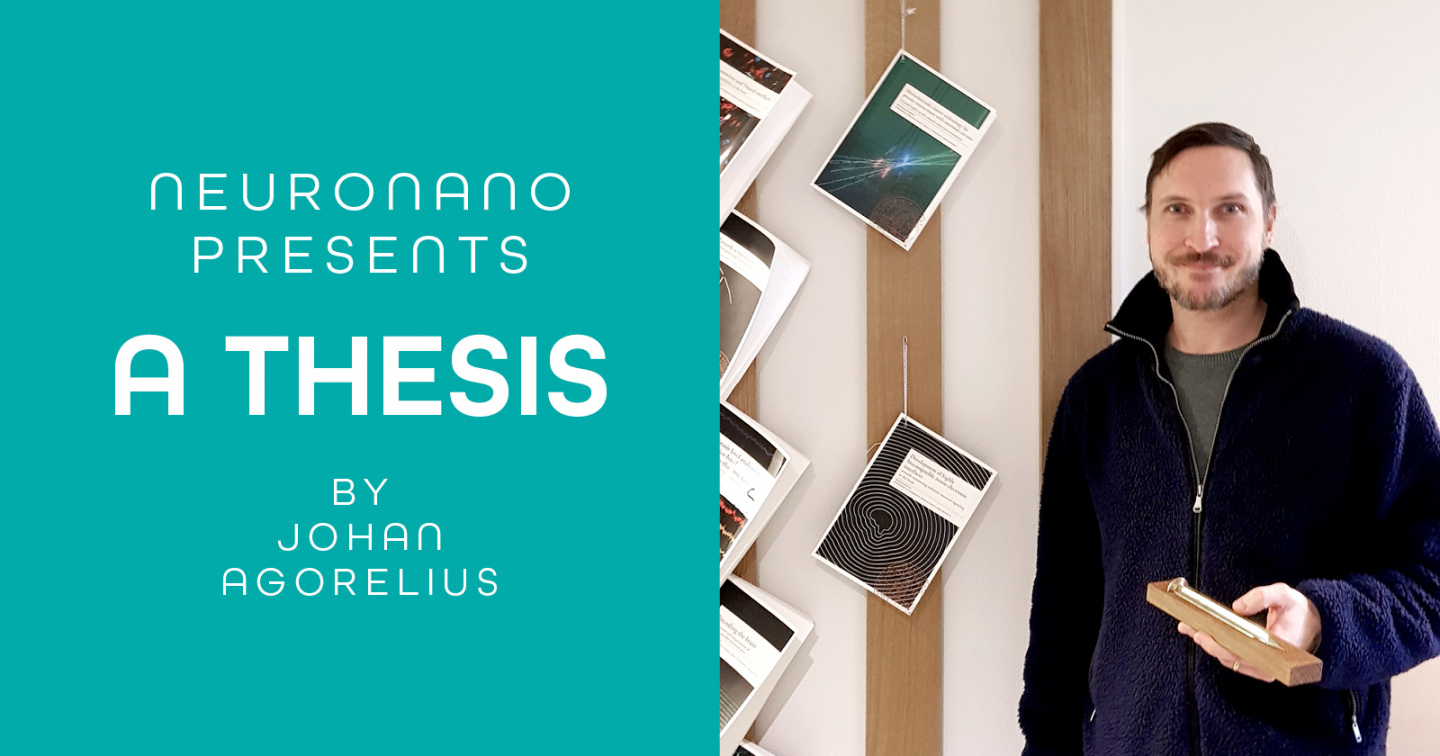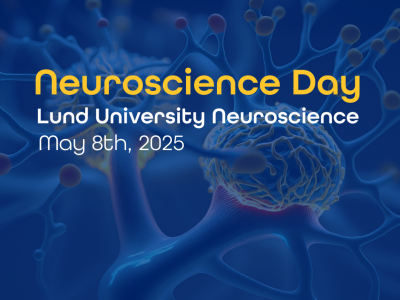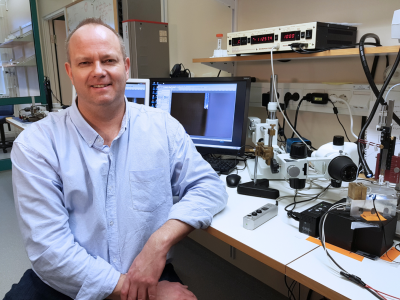The Neuronano Research Center, our collaboration partner at Lund University, is constantly working to better understand how the neuronal circuits in the brain process information. To achieve this, Johan Agorelius at the Neuronano Research Center (NRC) has been developing neuro-electronic interfaces, which can interact with brain tissue while causing minimal disturbance in the tissue, in awake and freely moving animals.
At NRC, research is conducted on implantable neuro-electronic interfaces that are mechanically compliant with the tissue and that can remain positionally stable with respect to the neurons, despite the continuous micromotions in the brain. To reach this goal a detailed analysis were conducted of the tissue reactions in the juxtapositional tissue around the implant, as well as incorporating additional strategies such as adding tissue modifying drugs to the implant.
To this end, two different types of implantable neuro-electronic interfaces addressing the issue of mechanical compliance with two different approaches has been tested. In addition, a novel method of sustained drug delivery from the neural implants has been designed, manufactured and evaluated in biological processes.
Read the complete thesis by Johan Agorelius here, to find out more!





